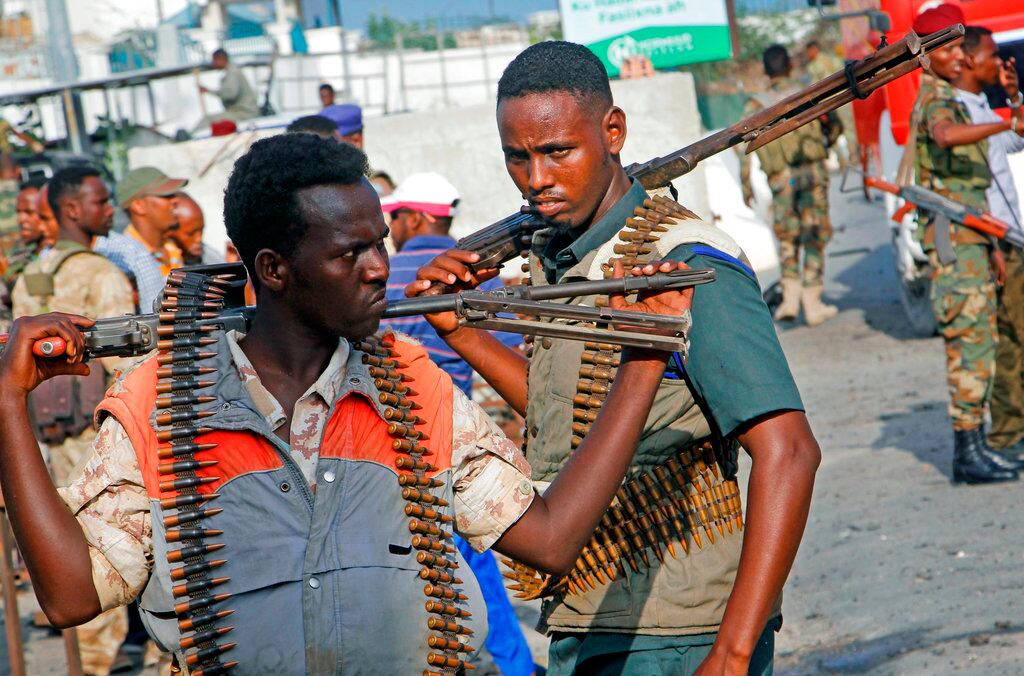WASHINGTON — Military leaders from more than 40 African nations and the United States have gathered for the African Land Forces Summit 2018 in Abuja, Nigeria, to strengthen regional partnerships and relationships.
The summit provides opportunities for leaders to meet and form informal friendships that can be critical to regional relationships. Leaders will also develop cooperative solutions to solve shared security challenges.
“There is a saying in the National Guard in the national recovery space,” Brig. Gen. William Prendergast, U.S. Army Africa deputy commanding general, told Defense News. “Never exchange business cards during a national crisis.”
ALFS 2018 accomplishes “building friendships and informal connections” and is meant “to develop security and stability across the continent,” Prendergast added.
RELATED

The theme of the summit this year, “Unity is Strength,” underscores that many of the security challenges on the continent require a joint response.
On a continent as large and complex as Africa, with more than one billion people and more than 2,000 spoken languages, communicating and coordinating in response to transregional threats — violent extremist organizations like Boko Haram and the Islamic State group, climate change, and natural disasters — is challenging.
The summit provids leaders the opportunity to practice and work through command-and-control challenges they would face in the event of a real crisis. Prendergast explained leaders conduct tabletop and regional exercises to simulate multinational responses to crises. “The rehearsal aspect is important,” Prendergast said. “Technology gets us halfway there. Then we need to work on the human aspect of command and control.”
So what does the United States’ African partners want most? According to Prendergast, “it’s the partnership.”
“As we look at Africa rising and driving stability and good governance across the continent, [our partners] are not looking for the U.S to be the lead,” he said. Our partners are “looking for us to facilitate learning, to facilitate those conversations so they learn to do it on their own.”
Ultimately, events like ALFS will “enable them to have the experience and the confidence to execute those things independently.”
But the problems the United States’s African partners face are by no means simple. “In some instances, people think you can throw money at the problem and fix it overnight,” Prendergast said. “On the African continent, it takes a long time to change those threats to stability.”
“Africa is truly important to the U.S. and our allies. ... Violent extremist organizations aren’t threatening the U.S. now, but this may become an area they move too,” he added. We “don’t want a bigger issue down the road; it gives us a great reason to continue to work in Africa with our partnership.”
Daniel Cebul is an editorial fellow and general assignments writer for Defense News, C4ISRNET, Fifth Domain and Federal Times.








